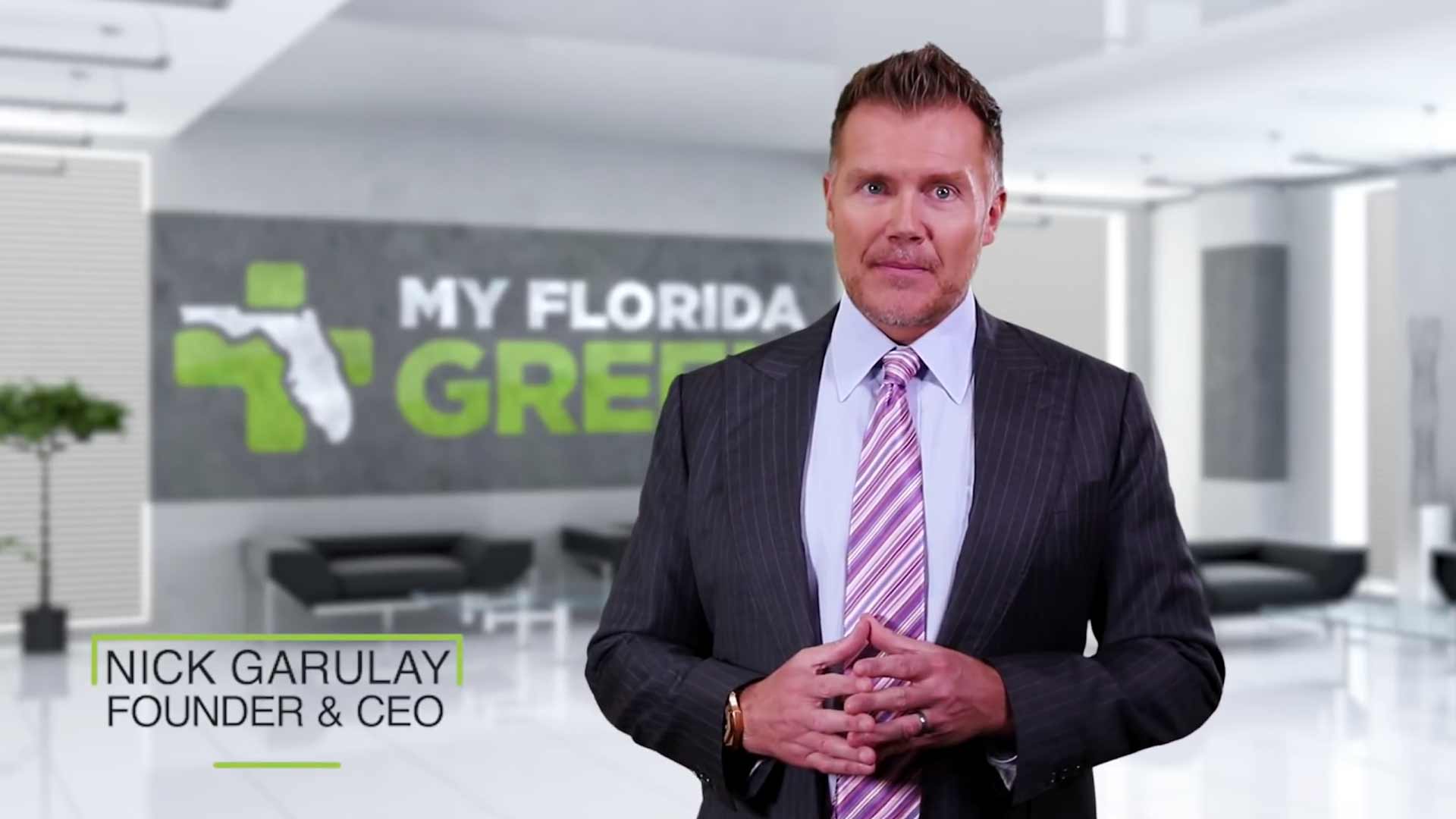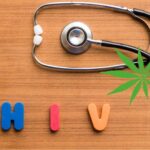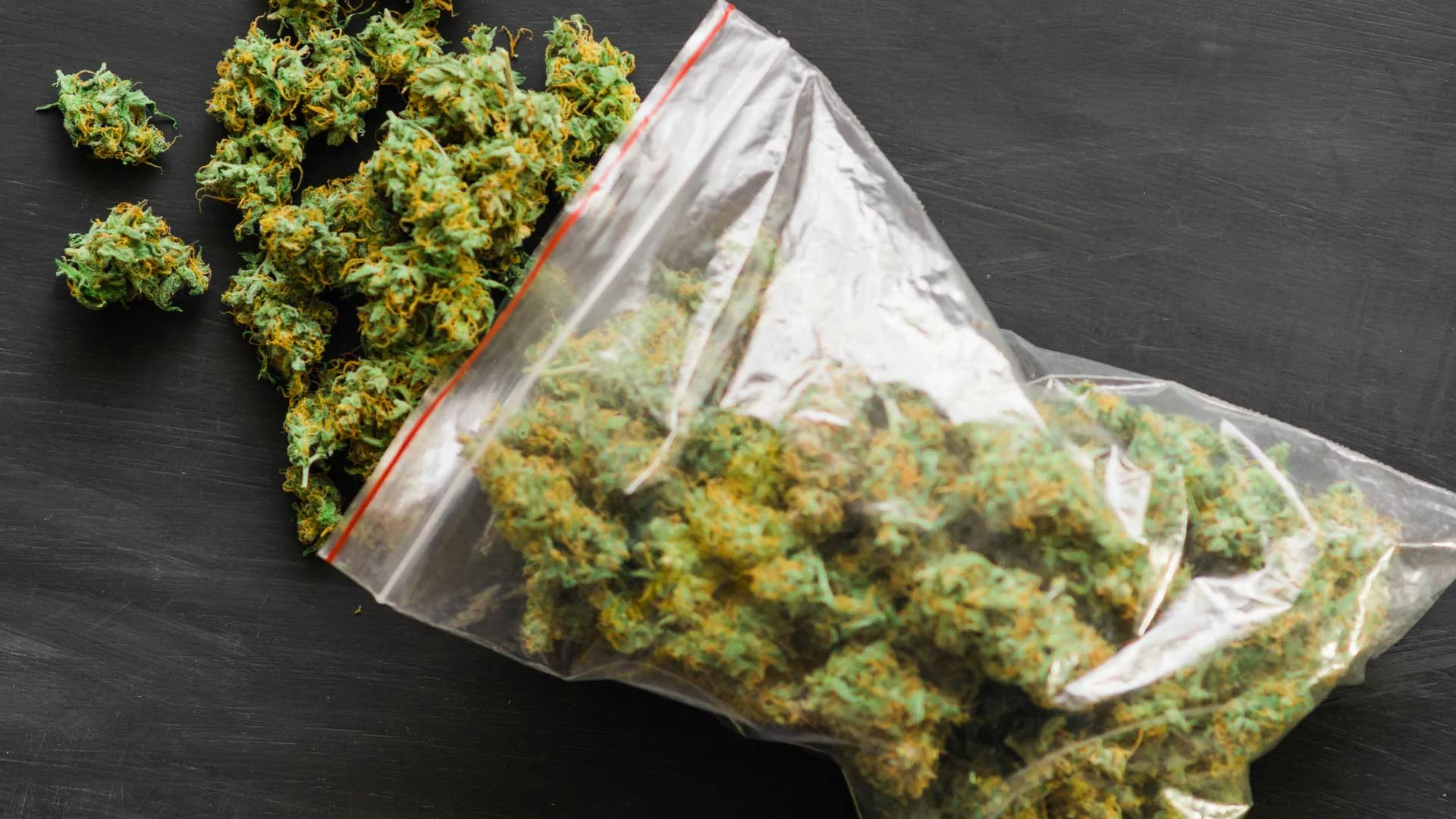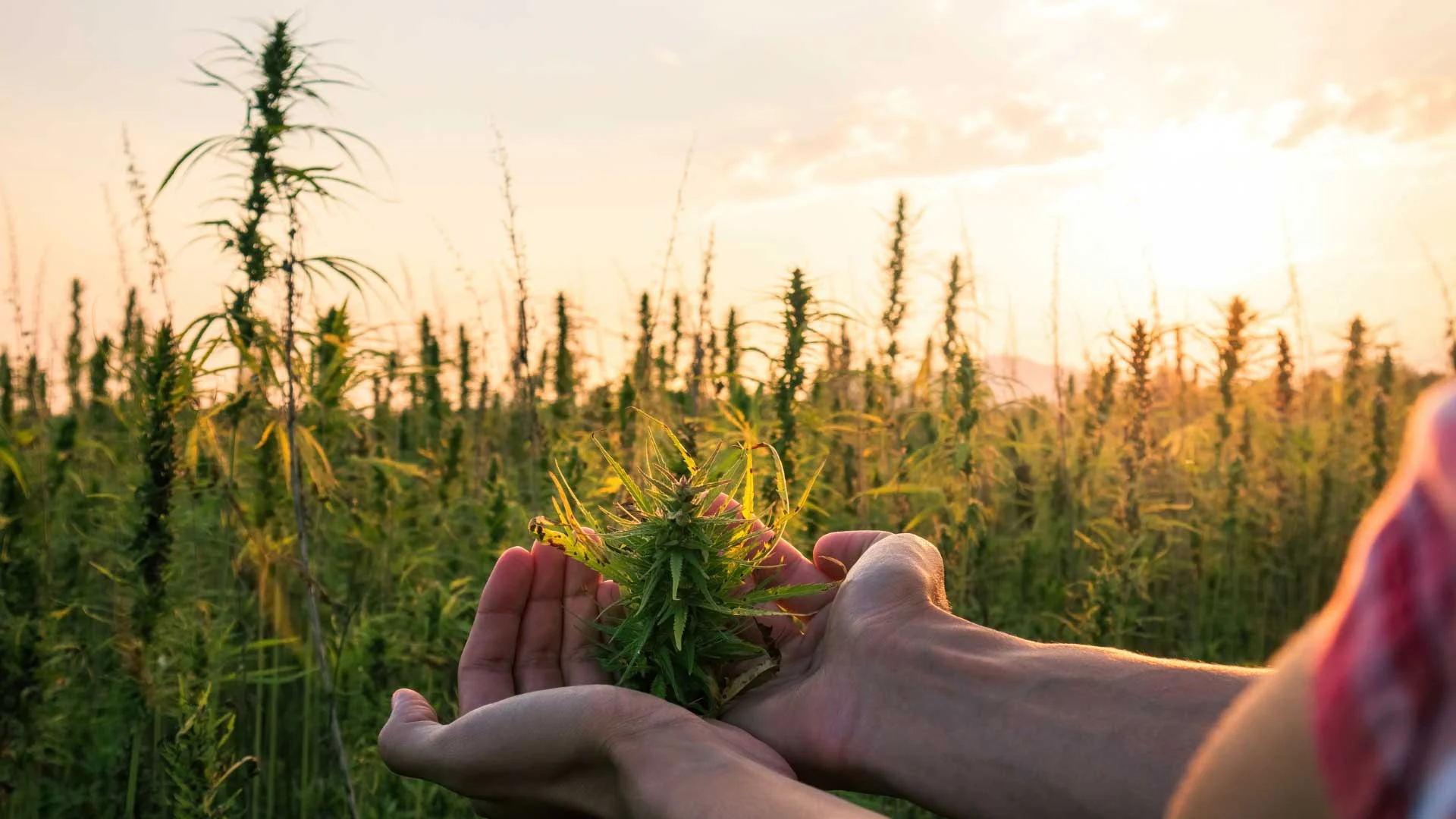Introduction
In August 2022, the Florida Department of Health implemented a new emergency rule that introduced supply limits for THC for medical marijuana patients. While this is an attempt to standardize dosage, it could lead to significant challenges for patients with chronic and debilitating conditions. The rule was enacted without any public input and has been met with widespread criticism from medical marijuana patients, doctors, and advocates.
The reasoning behind this “emergency rule” is still unknown. ‘’There needs to be more guidance and communication between the state regulators and the physicians’’, says Nick Garulay, Founder and CEO of My Florida Green. He added, ‘’We have paved the way for patients in Florida since 2016 which was the beginning. We’ve consistently seen positive outcomes, with many patients experiencing life-changing improvements”.
What are the New Supply Limits?
In Florida, physicians cannot issue certifications for more than three 70-day supply limits of marijuana or more than six 35-day supply limits of marijuana for smoking. A 35-day supply limit for smoking marijuana cannot exceed 2.5 ounces.
There are also daily dose and 70-day supply limits for different forms of medical marijuana consumption.
Daily
Edibles — 60 mg THC
Inhalation (vape) — 350 mg THC
Oral (capsules, tinctures) — 200 mg THC
Sublingual (sublingual tinctures) — 190 mg THC
Suppository — 195 mg THC
Topical (creams) — 150 mg THC
Smokable marijuana — 2.025 grams
70-day supply limit
Edibles — 4,200 mg THC
Inhalation (vape) — 24,500 mg THC
Oral (capsules, tinctures) — 14,000 mg THC
Sublingual (sublingual tinctures) — 13,300 mg THC
Suppository — 13,650 mg THC
Topical (creams) — 10,500 mg THC
Smokable marijuana — N/A
For smokable marijuana, you cannot exceed more than 2.5 ounces every 35 days, according to the emergency order. Smokable marijuana also must be dispensed by a medical marijuana treatment clinic (MMTC) as a usable whole flower, ground usable whole flower, or pre rolled marijuana cigarettes, the emergency order stated.
Physicians can request exceptions to the daily dose, 35-day supply for smoking, and the 4-ounce possession limit for smoking marijuana. However, these exceptions are only granted in certain cases.
Medical Marijuana Treatment Centers (MMTCs) cannot dispense, and patients cannot obtain, more than a 70-day supply of marijuana within any 70-day period or more than a 35-day supply for smoking within any 35-day period, unless an exception is approved.
Impact on Patient Relief
One of the most significant implications of the new rule is that it is likely to limit the amount of relief that patients experience. For example, patients with chronic pain may experience more pain if they are forced to reduce their THC intake. Additionally, patients with cancer or other serious illnesses may find it more difficult to manage their symptoms without medical marijuana.
In a 2020 study published in the Journal of Pain Medicine, researchers found that medical marijuana was effective in reducing pain and improving quality of life in patients with chronic pain. The study also found that medical marijuana was well-tolerated by patients, with few side effects reported.
Nick highlights the importance of personal experiences and expert opinions when it comes to the nuances of medical marijuana usage and its effects on individuals. Nick adds, “Here’s the thing regulators are missing: Medical Marijuana doesn’t have a one-size-fits-all effect. Everyone’s different. And for some, like a stage 4 cancer patient or someone with specific genetic factors, that ‘high’ limit might not be high enough”.
Additionally, the emergency rule might disrupt the continuity of care for patients. Regular adjustments to dosage, based on individual patient responses and evolving medical conditions, are crucial in medical marijuana therapy. The fixed supply limit may not adequately account for these variations, potentially compromising patient outcomes. This rigid approach could deter patients from seeking or continuing medical marijuana treatment, ultimately hindering their well-being.
Nick added, “A lot of patients, who were doing well with medical marijuana, are now dropping out of the program. Let’s be real – without access to their medicine, the consequences can be severe, even tragic”
Access Barriers:
The rule may also make physicians hesitant. With strict guidelines to adhere to, doctors might be wary of prescribing what they genuinely feel a patient needs, fearing potential repercussions. This trepidation could make it challenging for patients, especially those with complex conditions or those who’ve shown resistance to lower THC doses, to get the treatment they require.
Highlighting the benefits of medical marijuana, Nick points out, “Our own app data says it loud and clear: 60% of our 40,000 patients are cutting down on prescription meds, thanks to medical marijuana. Over 80% have improved their sleep and improved their quality of life.” These statistics underscore the importance of ensuring that patients have unhindered access to treatments that can significantly enhance their well-being.
Rise in Black Market Dependencies:
A real fear stemming from these restrictions is patients turning to the unregulated black market. When legal avenues fall short, patients might feel compelled to seek out other sources. The dangers here are twofold: the quality of the marijuana is unpredictable, and there’s a genuine risk of ingesting harmful adulterants.
Additionally, without clear dosing guidelines, patients might consume excessive THC, leading to potential overdoses or ingestion of fentanyl laced products which have been discovered in the black market.
Nick emphasized, “We’re in the midst of an opioid catastrophe, and the fentanyl issue is growing out of control. We’re seeing products maliciously mixed with life-threatening drugs. Because of the way Florida’s Medical Marijuana program is set up, legitimate patients are often cornered, making risky choices and resorting to the streets. And the real kicker? Floridians are faced with a terrible dilemma: either give up their right to privacy or lose their access to the medicinal doses they desperately need.
It is unjust that to obtain necessary milligrams, patients must sacrifice their privacy to the OMMU, and some are even denied when they submit their paperwork. While we’re here to support, it’s unsettling that our fellow citizens face such choices”.
Impact on Florida’s Medical Marijuana Industry and Research:
Beyond patient concerns, the industry itself might take a hit. If MMTCs can’t cater to patient needs due to the imposed limits, they might face financial strain, leading to downsizing or even closures. This would ripple out, reducing patient access even further and negatively impacting Florida’s economy.
Additionally, the rule might stymie critical research. With harder access to marijuana, researchers might find their studies into the plant’s potential benefits hamstrung, delaying discoveries that could revolutionize treatments.
Conclusion
Florida’s Medical Marijuana Program is evolving, and My Florida Green has been supporting patients seeking alternative solutions like THC to reduce their dependence on pharmaceuticals and manage their symptoms. We firmly believe in a patient-centric approach, where the treatment plan is developed through a comprehensive understanding of the patient’s medical history and their response to THC and cannabinoid therapy.
We have aligned our services and adjusted to the mandates of Marijuana’s emergency rule. However, we will persist in championing increased research and reduced constraints within the medical marijuana sector. The aim is to guarantee that anyone who stands to gain from medical marijuana products can readily obtain secure and reasonably priced medicine.
“Florida’s Medical Marijuana program is lacking in some major areas. We’ve taken steps to remedy this. Our state-of-the-art tech platform is a bridge – connecting doctors, patients, and the Office of Medical Marijuana Use. It’s more than just a tool; it’s the solution that the State and healthcare professionals have been waiting for. With our system, there’s assurance that patients are turning to these products for genuine medicinal reasons. We can even chart the tangible strides they’re making with Medical Marijuana in their daily routines’’, says Nick. ‘’Both the patients and the certifying physicians here in Florida need a voice backed by data and I am happy and honored to champion this. I urge the leaders of The Office of Medical Marijuana use to contact me so that together, we can close this gap and facilitate what the people of Florida voted for, Medical Marijuana to help people who are suffering from debilitating conditions.’’












